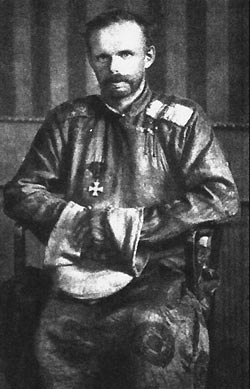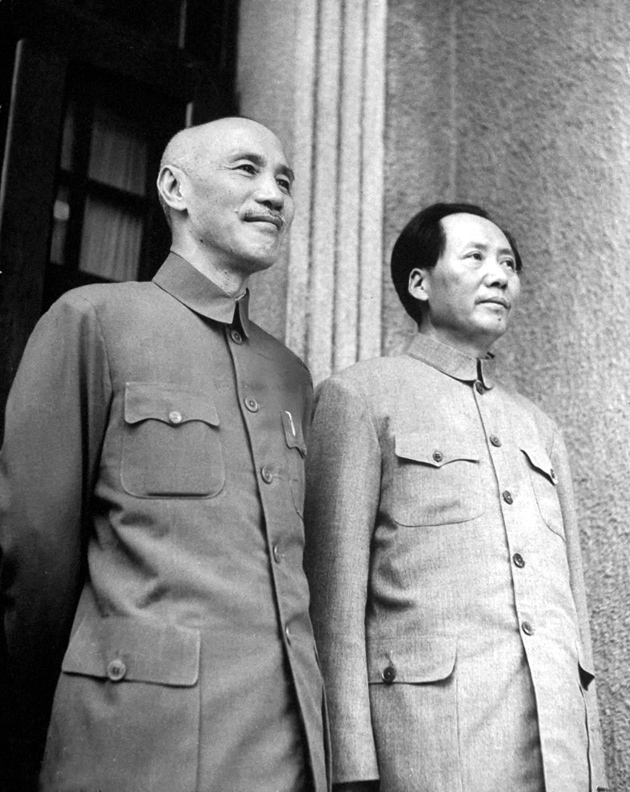Asami
Banned
That Mongol Khanate is literally awesome.
BLOOD FOR THE BLOOD GOD!
Perhaps now his majesty's military will remember that the orders of the Emperor are absolute.
Hahahahaha
Fat chance, at this rate, they're going to need even more smackdowns before they get the hint.
Basically this. The IJA thinks that the Emperor is being pressured by the civilian government and that he is being silenced without right. The IJN has drifted more into the 'civilian government' camp, particularly once the Navy realized that there's more money to be had if they play nice.
How is administred the place? OTL, given how unstable was von Ungern, I don't think the entity might survive to his creator.
It's an Empire built on slavery, death and religious zealotry. So... you may be right.
Could Japan and other Chinese factions support internal actors (OTL, a Vietnamese equivalent of the KMT was created)? Has Ho Chi Minh helped to found the French Communist Party, as OTL?
Uncle Ho returned from Communist France in 1923 to stir up revolution. He's in the employ of Paris, and nobody's happy about that. However, he, along with many other Vietnamese nationalists, are debating the merits of approaching Tokyo for assistance.
OTOH, given how weak is France, they might do like they did back in the OTL 1940.
^^
I think a direct dressing down from the Emperor himself ought to do it. I mean imagine, the Imperial Army standing there and suddenly hear the booming voice of the Emperor coming out onto the court, or perhaps even quiet. Then they know. Their god is furious with them.
I don't think that their Emperor needs to shout to properly express his disapproval. I personally think the chilled steel of tranquil fury is much more intimidating than the Emperor yelling his head off. The Emperor doesn't need to raise his voice for people to listen to him.
He would never raise his voice, not once. But that will be the worst thing. The wrath of the Emperor.
The Emperor, right now, wouldn't do that. It's too... beneath his stature to involve himself like that. It would take extraordinary circumstances to force him to break the Imperial serenity.
And so Yuan's Dynasty was replaced by a reborn Yuan Dynasty
Only issue is, well, IIRC, nobody ever really heard the man in person.
It's not like in the US where say, FDR did weekly speeches. So they might not recognize his voice if he does a radio announcement....
That will be quite simple to solve. Have the Emperor make a speech before the Army. Bring the Kwantung Army home to come on the parade if you want.
It will be a really big deal if Hirohito directly addresses people, as that has never been done before. Remember that OTL, the first time Japanese people heard their Emperor's voice was during his surrender in 1945.
Last edited:



